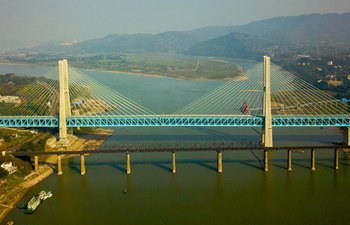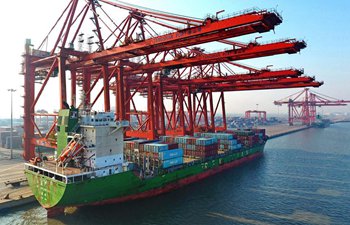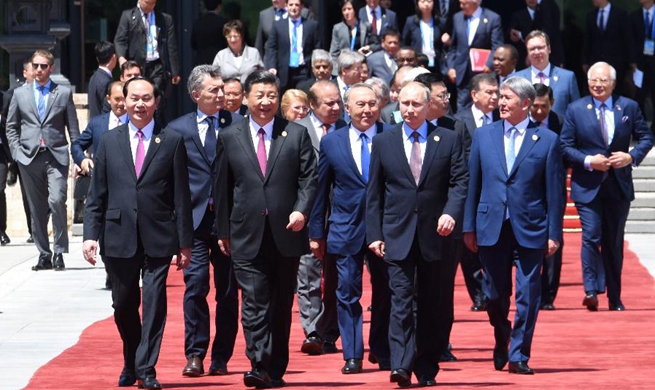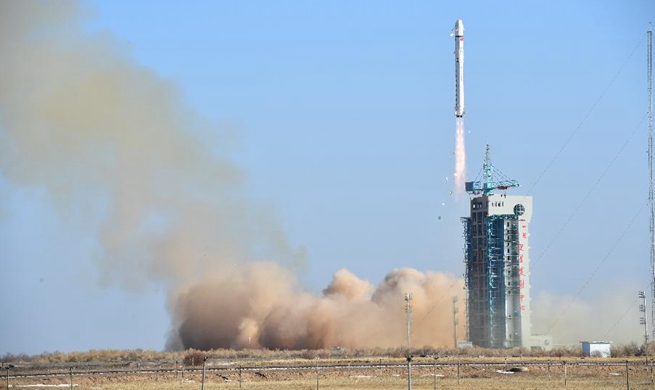DAR ES SALAAM, Jan. 12 (Xinhua) -- The International Monetary Fund (IMF) on Friday stepped up its warnings against economic slowdown in Tanzania, saying the government needs to take urgent measures to reverse the downward trend.
In its latest statement on the state of Tanzania's economy, the IMF said although the country's gross domestic product (GDP) growth remains strong, other economic indicators paint a gloomy picture.
"Although GDP data point to continued strong growth, other high frequency data suggest a weakening of economic activity," it said after the conclusion of its Policy Support Instrument (PSI) review for Tanzania.
"Tax revenue collections are lower than expected and credit growth has stagnated reflecting in part banks' rising non-performing loans (NPLs)," said the statement.
It added: "There are downside risks to economic growth in the short term stemming from slow budget implementation, a challenging business environment, and private sector concerns about authorities' enforcement of rules."
On the upside, inflation remains moderate and international reserves have increased substantially, according to the statement.
"Strong growth and job creation are needed to address high poverty and a large underemployed youth population. Infrastructure gaps and the business climate have also become increasingly challenging and require response," the IMF said.
"Budget implementation needs to be improved and arrears prevented," said the statement adding that additional domestic revenue needs to be mobilized through tax policy and administration reforms, while improving the functioning of the value added tax (VAT) refunds system.
The statement said sustained reforms were crucial for a strong private sector-led growth envisioned by the government's development plan.
Last month, the IMF called on the Tanzanian government to speed up reforms and spend more to prevent a slowdown in one of the world's fastest growing economies.
President John Magufuli pledged to reform the country's economy, which is hobbled by red tape and corruption and begin a program to develop public infrastructure after he was elected in 2015.
Tanzania's GDP growth slowed to 6.8 percent in the first half of 2017 from a 7.7 percent expansion in the same period in 2016.
The economy has been growing at around 7 percent annually for the past decade, but the World Bank said in November that growth will likely slow to about 6.6 percent in 2017.
The Minister for Finance and Planning, Philip Mpango, last month dismissed fears on the Tanzanian economy, saying it remained the fastest growing country in East Africa.
He said the government will likely attain its 7 percent GDP growth target for 2017 due to massive public investments in flagship infrastructure projects, including construction of the standard gauge railway (SGR) network.
















